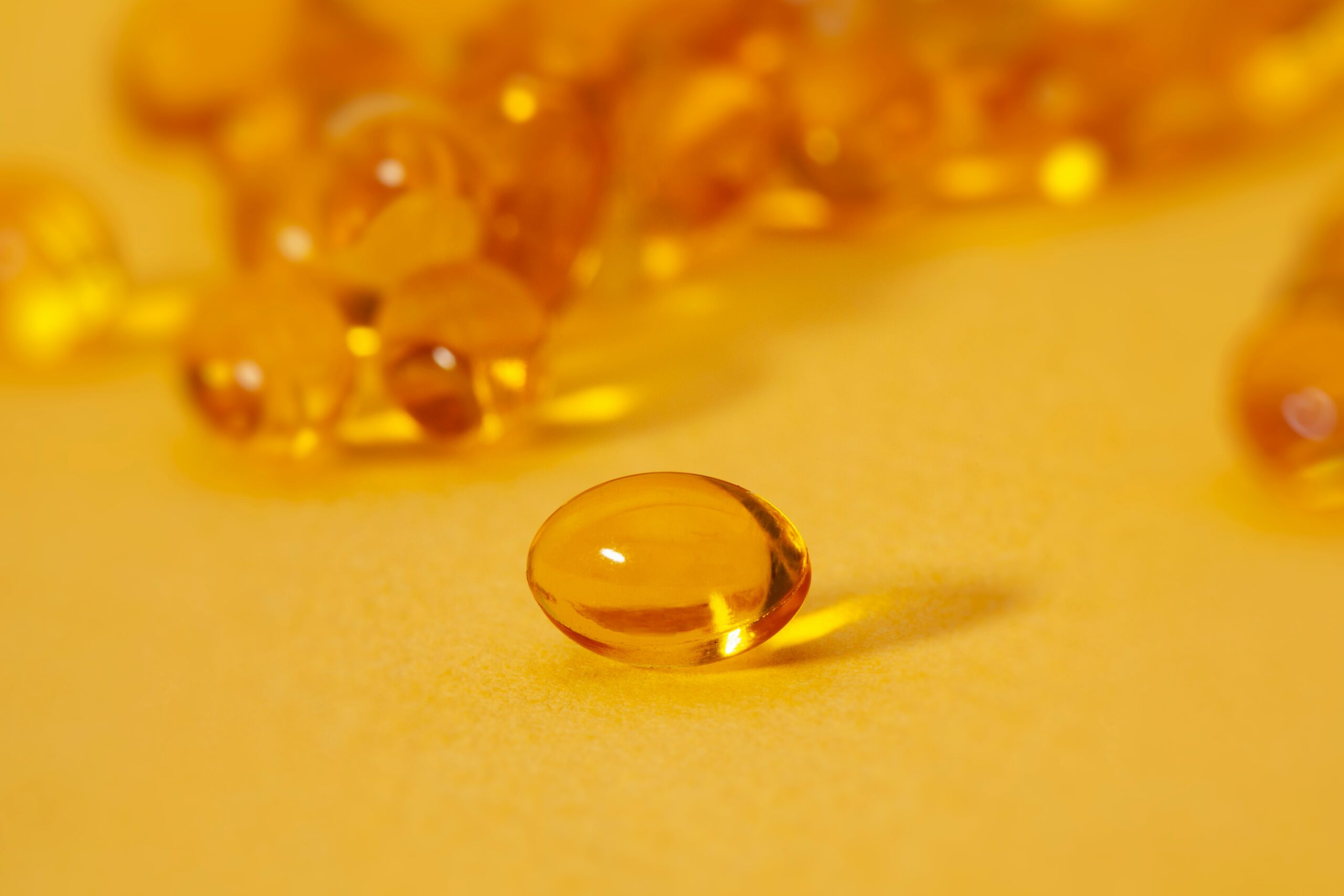I get it, you are here because you don’t think birth control is going to help your PCOS. It caused me to have so many different horrible side affects including heavy nausea and also unwanted weight gain. Yuck! So I took to figuring out which vitamins I could take to figure out how this could be managed. Low and behold, there are tons of natural supplements for it, so here goes nothing:
Polycystic Ovarian Syndrome (PCOS) is a complex hormonal disorder that affects many women worldwide, presenting challenges such as irregular periods, hormonal imbalances, and fertility issues. While managing PCOS can be challenging, incorporating certain supplements into your daily routine may help alleviate symptoms and support overall well-being. In this blog post, we’ll explore 10 essential supplements for managing PCOS, how they assist in PCOS management, and how to use them effectively. I have linked* all 10 for you so you don’t have to go digging online for the best ones.
- Inositol:
- How it helps: Inositol, particularly myo-inositol and D-chiro-inositol, plays a crucial role in improving insulin sensitivity and ovarian function in women with PCOS. It may help regulate menstrual cycles, reduce androgen levels, and improve fertility.
- How to use: Take a daily dose of 2-4 grams of myo-inositol combined with 400-600 mg of D-chiro-inositol, preferably in divided doses with meals.
- Omega-3 Fatty Acids:
- How it helps: Omega-3 fatty acids have anti-inflammatory properties that may help reduce inflammation associated with PCOS. They may also improve lipid profiles and cardiovascular health in women with PCOS.
- How to use: Take a daily dose of 1000-2000 mg of fish oil, which contains EPA and DHA, the active forms of omega-3 fatty acids.
- Vitamin D:
- How it helps: Many women with PCOS have been found to have vitamin D deficiency, which is associated with insulin resistance and hormonal imbalances. Supplementing with vitamin D may help improve insulin sensitivity and regulate menstrual cycles.
- How to use: Take a daily dose of 1000-2000 IU of vitamin D3, preferably with meals.
- Magnesium:
- How it helps: Magnesium plays a role in insulin sensitivity and glucose metabolism. Magnesium supplementation may improve insulin sensitivity and reduce insulin resistance in women with PCOS.
- How to use: Take a daily dose of 200-400 mg of magnesium, preferably in the form of magnesium citrate or glycinate.
- N-Acetyl Cysteine (NAC):
- How it helps: NAC is an antioxidant that may help reduce oxidative stress and improve insulin sensitivity in women with PCOS. It may also help regulate menstrual cycles and reduce symptoms like hirsutism.
- How to use: Take a daily dose of 600-1200 mg of NAC, preferably with meals.
- Berberine:
- How it helps: Berberine may improve insulin sensitivity, reduce androgen levels, and regulate menstrual cycles in women with PCOS.
- How to use: Take a daily dose of 500-1500 mg of berberine, divided into two or three doses throughout the day.
- Chromium:
- How it helps: Chromium plays a role in insulin action and glucose metabolism. Chromium supplementation may improve insulin sensitivity and glucose tolerance in women with PCOS.
- How to use: Take a daily dose of 200-400 mcg of chromium picolinate, preferably with meals.
- Folic Acid:
- How it helps: Folic acid, or folate, is essential for reproductive health and may help regulate menstrual cycles and improve fertility in women with PCOS.
- How to use: Take a daily dose of 400-800 mcg of folic acid, preferably with meals.
- Saw Palmetto:
- How it helps: Saw palmetto may help reduce androgen levels and alleviate symptoms of hirsutism in women with PCOS.
- How to use: Take a daily dose of 160-320 mg of saw palmetto extract, preferably with meals.
- Probiotics:
- How it helps: Probiotics promote gut health and may improve insulin sensitivity, reduce inflammation, and regulate menstrual cycles in women with PCOS.
- How to use: Take a daily dose of a high-quality probiotic supplement containing at least 5-10 billion CFUs (colony-forming units) of diverse strains.
Luckily there are some brands that are all in one supplements for PCOS, one of the most popular being Peach Perfect Happy Hormones, which includes 4 of the 10 supplements mentioned above plus Zinc. I have personally tried it and can tell you that I have seen some amazing results in my lowering my insulin and giving me the ability to do what we all want, which is to lose weight quickly/easily.
It’s essential to consult with a healthcare professional before starting any new supplements, especially if you have underlying health conditions or are taking medication. They can help determine the appropriate dosage and ensure that the supplements are safe and effective for you. Additionally, supplements should complement a balanced diet and healthy lifestyle practices as part of a comprehensive approach to managing PCOS. By incorporating these supplements into your daily routine, you can support your health and well-being while managing PCOS effectively.
*As an Amazon Associate I earn from qualifying purchases.

